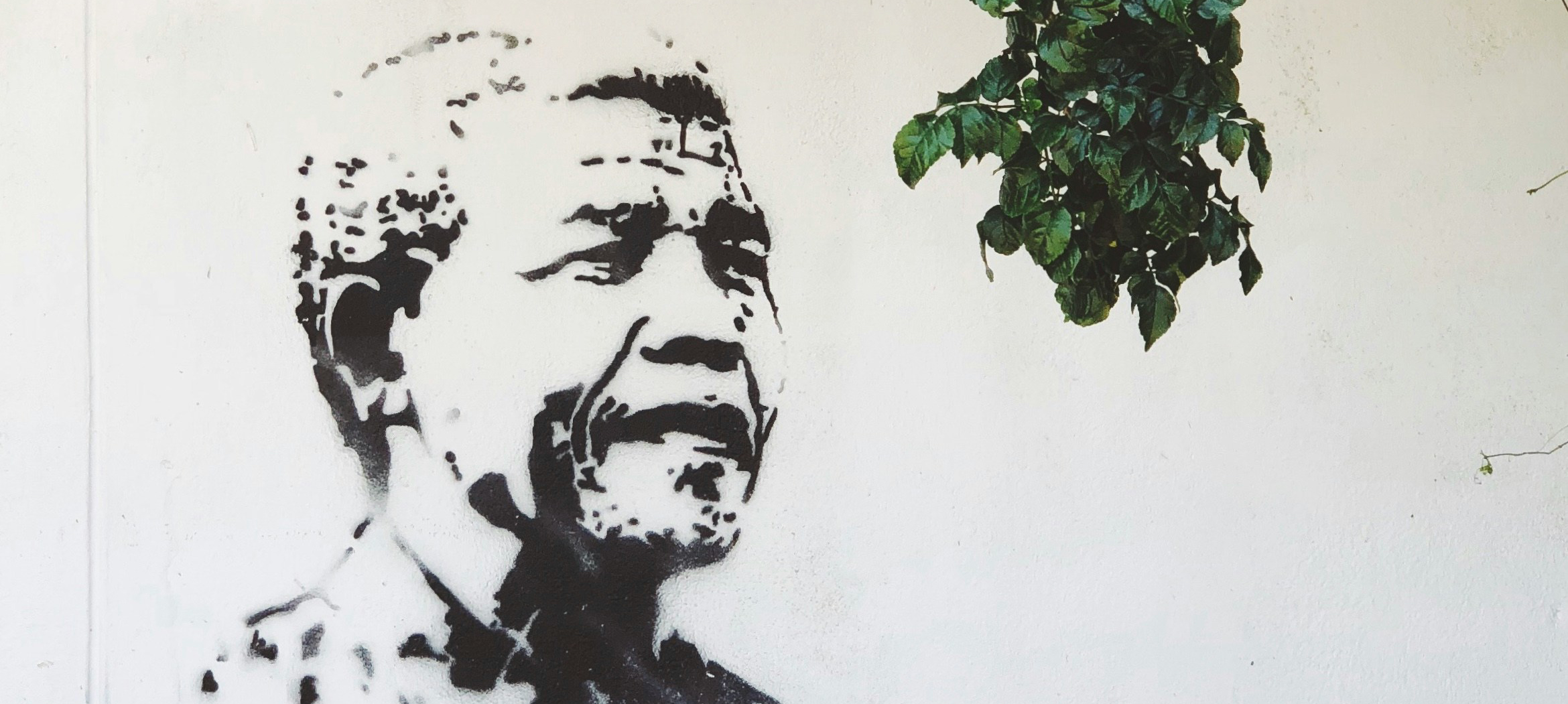My 67 Minutes: What Mandela Day Means to Lerato Selekisho
Each year on Mandela Day, South Africans dedicate 67 minutes to community service in memory of Nelson Mandela’s 67 years of social justice work. Lerato Selekisho recently joined our team as a Special Assistant and here reflects on what Mandela Day means to her.
As a young born-free South African, I am grateful for the legacy of Nelson Mandela and the values he embodied. Mandela Day, celebrated on July 18th each year, his birthday, serves as a reminder of his commitment to service and social justice. The idea of dedicating 67 minutes of our time to community service in honor of Mandela’s 67 years of social justice work is a powerful reminder of the values he stood for. These 67 minutes are dedicated to serving and bringing people together worldwide to fight poverty and promote peace, reconciliation, and cultural diversity. This initiative embodies the spirit of Ubuntu, the African philosophy that emphasizes all people’s interconnectedness and shared humanity.
While Mandela is widely revered as a hero and symbol of reconciliation, his leadership and legacy elicit mixed perspectives. Some criticize his compromises during the transition to democracy, while others praise his commitment to social justice and equality. Regardless of these differing views, Mandela’s sacrifices and contributions are undeniable. Mandela demonstrated what it means to be selfless and to place the needs of a nation before personal needs, family, friends, and ambitions. His dedication to fighting against oppression and injustice inspires us to continue working toward a more just and equitable society.
The famous African philosophy of Ubuntu is particularly significant on Mandela Day, reminding us of value systems that emphasize the interconnectedness of individuals with their societal and physical worlds. “Ubuntu” is often translated as “I am because we are.” I grew up in a Christian and politically aware home and Mandela Day was always taken seriously. Our activities ranged from handing out Bibles and making period hampers to organizing soup days in townships and distributing food parcels. For me, these acts served as a reminder that even one person can be a changemaker within their sphere.
While some may argue that dedicating just one day a year to service is insufficient, for me, we must recognize the significance of Mandela Day as an opportunity to raise awareness and inspire action. However, it is equally important to continue our efforts beyond a single day and incorporate them into our daily lives. Food parcels and soup kitchens may seem like small gestures, but they have the power to make a big difference in the lives of those struggling with hunger and poverty. By volunteering our time and resources on Mandela Day, we can help alleviate some of the hardships our fellow South Africans face.
Mandela Day is not about grand gestures or flashy displays of charity. It is about taking small steps towards creating lasting change in our society. As change-makers, we can shape the future of our country through acts of kindness and compassion. Now more than ever, in a world often marked by division, this Mandela Day serves as a time to remember and promote peace, reconciliation, and cultural diversity. It is a moment to embrace the philosophy of Ubuntu.
Mandela Day is not about grand gestures or flashy displays of charity. It is about taking small steps towards creating lasting change in our society. As change-makers, we can shape the future of our country through acts of kindness and compassion

